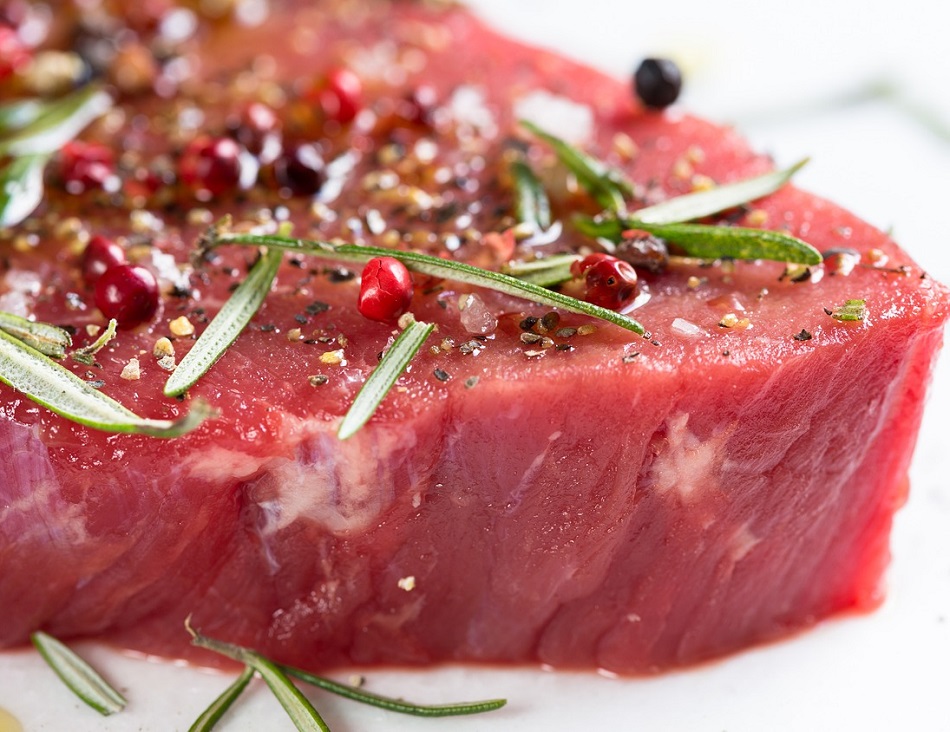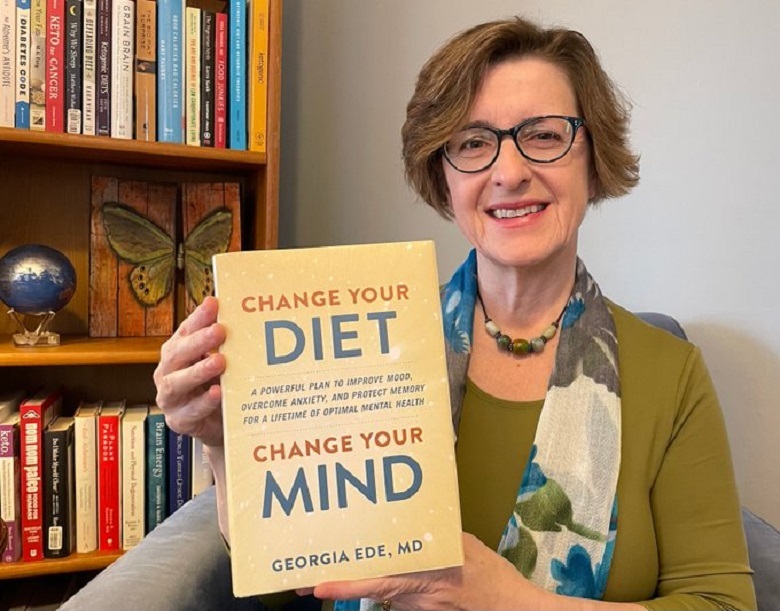"Change Your Diet, Change Your Mind": meat is essential for mental health

Can we live well without meat and animal products? This is the question that is not often asked when discussing dietary change in the context of sustainable food production.
Georgia Ede, an American medical doctor specialising in nutritional and metabolic psychiatry, explains why eating meat is essential for mental health and reducing the risk of depression and anxiety. She spent many years at Harvard University studying the relationship between what we eat and our mental and physical health. In her book “Change Your Diet, Change Your Mind”, Dr Ede presents all the latest scientific evidence on how cutting out meat can harm mental health and how vegan foods lack crucial nutrients needed for the proper functioning of neurotransmitters in our brains.
Dr Ede, why do you say that meat is essential for warding off depression and anxiety?
Only meat, seafood, and poultry contain every nutrient we need in its proper (most “bioavailable”) form, without the anti-nutrients and defensive toxins commonly found in plant foods. Animal-source foods provide the full complement of micronutrients required for proper development of the human brain during the first thousand days of life as well as for optimal function of the human brain over the lifespan. Some of these critical nutrients, such as iron, zinc, iodine, and choline, are more difficult to obtain from plant foods, while others, such as vitamin B12 and the omega-3 fatty acids DHA and EPA, do not exist in plant foods at all. Non-dairy animal-source foods are also incapable of spiking blood glucose and insulin levels to dangerously high levels that can damage brain metabolism and jeopardise brain energy production as we age.

Why do you think that what we often hear about brain-healthy diets is wrong?
We are often told that the way to bolster our brains against dreaded diseases like depression and dementia is to eat more colourful plant “superfoods” rich in powerful antioxidants capable of fighting damaging oxidative stress, but there is no scientific evidence to support these claims. Plant antioxidants work well in plants but most are poorly absorbed by the human body, and those that do find their way into the bloodstream are treated as unwelcome toxins and rapidly eliminated. We are also not told to avoid eating foods that cause excessive oxidative stress in the first place, such as refined carbohydrates and refined seed oils—the signature ingredients of our unhealthy modern industrialised diet.
So, are vegan diets as healthy as some say?
There is certainly no evidence that removing animal foods from the human diet brings any mental or physical health benefits. Unfortunately, researchers interested in “plant-based” diets also change multiple other aspects of the vegan and vegetarian diets they want to study (such as eliminating refined carbohydrates, ultra-processed foods, and added oils) before comparing them to meat-based diets, making it impossible to know whether any potential health benefits observed had anything to do with reducing or eliminating animal-source foods. Conversely, it is well-established that unsupplemented vegan diets pose risks to human health, particularly during the first thousand days of life, when the developing brain is most dependent on large quantities of nutrients only found in animal foods.